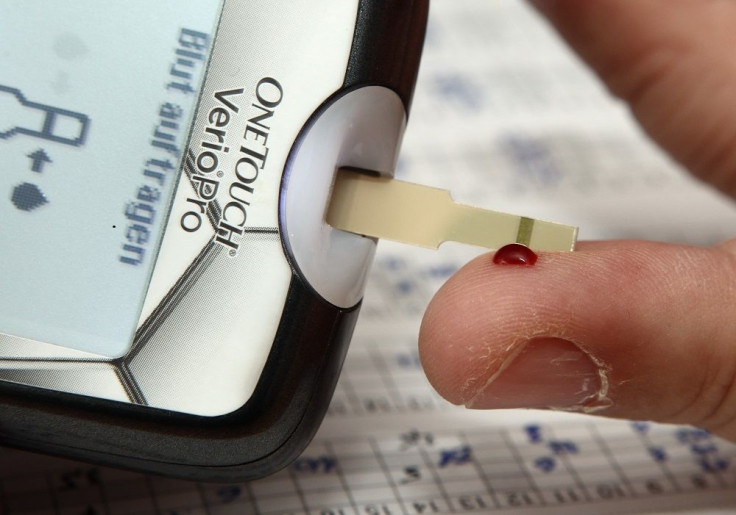Bad sugar: Australians love their sugar; Health experts concerned about ‘alarming’ intake

Only days after the UK government made a surprise announcement that it would introduce tax on sugary soft drinks from 2018, a study, published in the British Journal of Nutrition, has revealed that Australians’ sugar intake has already reached “alarming” levels. The study points out that more than half of Australians consume way more than the World Health Organisation (WHO) recommended daily intake of added sugars.
The study was conducted by University of Sydney and it found out that 76 percent of children aged between nine and 13 exceeded the recommended sugar intake. The study is based on the 2011-2012 Australian Health Survey where 8,000 participants were studied. Out of the 8,000 participants, 55 percent of the participants consumed more added sugars than recommended.
The research revealed that Australians, in the past 20 years, have made little to no change in their eating habits and consumption of sugar. This is alarming after high levels of awareness around portion control and sugar-enriched food warnings.
According to Timothy Gill, Sydney University's Professor of Public Health Nutrition, it was the first time that the researchers were able to accurately calculate the amount of sugar Australians consume. He said that he was not surprised to find pre-teens and teenagers consuming sugar-rich foods. However, he was extremely concerned about the rest of the population.
“It is surprising the rest of the population is having such a high level, but most disturbing is just the amount of sugar, and particularly the amount of sugar-sweetened beverages, which are being consumed by teenagers,” Gill added.
WHO revised its sugar guidelines last year where it said that the daily energy consumption from free sugars should not be more than 10 percent. Free sugars include added sugars and also sugars that are naturally found in syrups, honey and fruit juices.
“When 13-14 percent of your daily total energy intake comes from sugar-rich foods, junk food ... that [does not] provide any nutrition but does provide calories, that's where it starts to concern me,” Gill said.
However, Fiona Nash, the Federal Rural Health Minister, has indicated that Australia won’t be considering any form of tax on sugary soft drinks even after UK’s announcement.





















